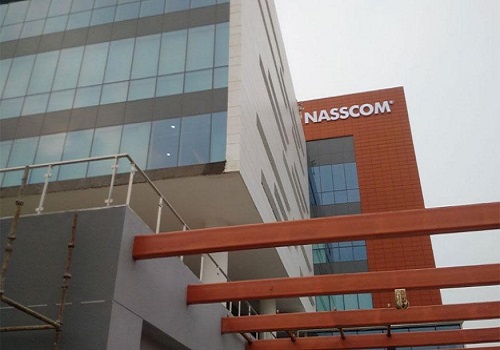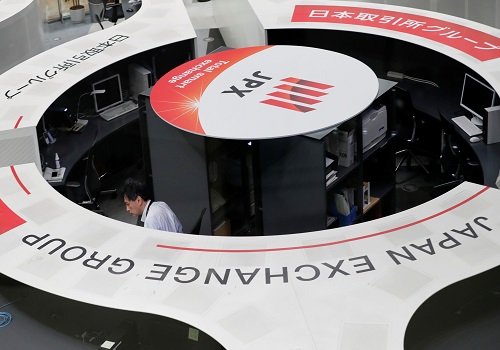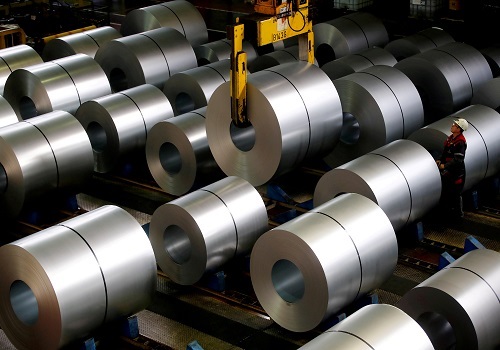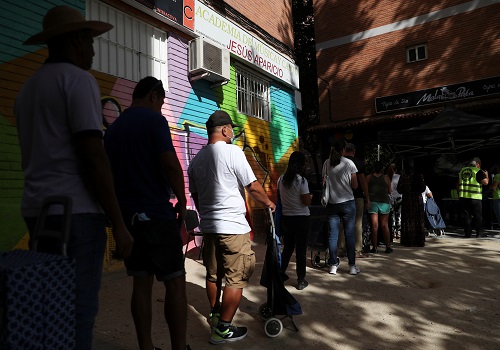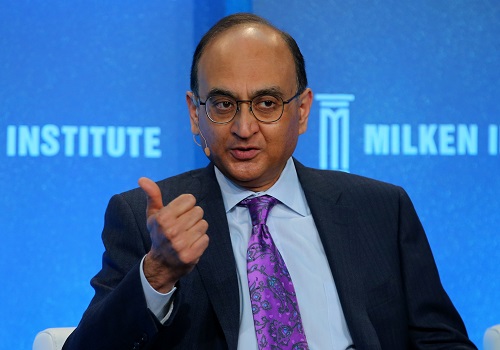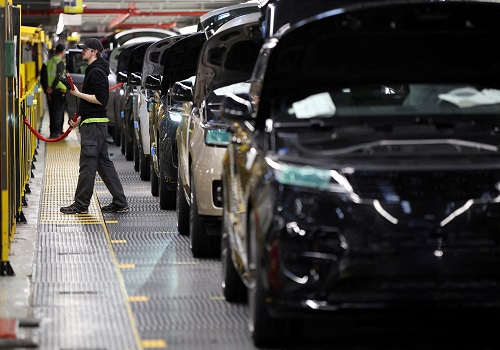UN buys vessel to remove oil from decaying tanker off Yemen
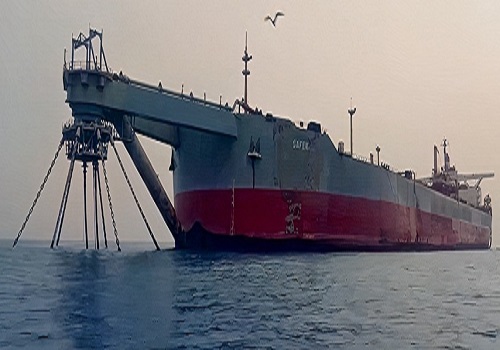
Follow us Now on Telegram ! Get daily 10 - 12 important updates on Business, Finance and Investment. Join our Telegram Channel
The UN Development Programme (UNDP) has signed an agreement with Euronav to secure the purchase of a large vessel as part of a coordinated operation to remove more than 1 million barrels of oil from a decaying tanker off Yemen's Red Sea coast that threatens a humanitarian and environmental catastrophe
UNDP Administrator Achim Steiner said the replacement vessel is now in drydock in China for modifications and regular maintenance before sailing to the Red Sea to be parked alongside the Safer oil tanker for a ship-to-ship transfer, reports Xinhua news agency.
The vessel is expected to arrive in early May for the operation, said Steiner.
The Safer tanker, a 47-year-old vessel that has moored off Yemen and has not been maintained since 2015 because of the conflict in Yemen, has decayed to the point where there is an imminent risk it could explode or break apart, which would have disastrous environmental effects on the region.
The UNDP, which is implementing the high-risk operation as part of the UN-coordinated initiative, has contracted marine salvage company SMIT to finalise a detailed operation plan for the transfer of oil, Steiner told reporters.
"The purchase of this vessel is now a major step forward in our efforts to safely remove the oil from the FSO Safer and avoid the risk of an environmental and humanitarian disaster on a massive scale," he said.
David Gressly, the UN resident and humanitarian coordinator for Yemen, said that $95 million has been raised, leaving a funding gap of $34 million.
"It is important that we continue to generate funds required to close out this project. We will be working over the next weeks to do just that," he told the same press briefing via a video link from Aden, Yemen.
Gressly warned against inaction.
A major spill would devastate fishing communities on Yemen's Red Sea coast, likely wiping out 200,000 livelihoods. Whole communities would be exposed to life-threatening pollution. The cost of cleanup alone is estimated at $20 billion, he said.
A major spill would also result in the closure of the ports of Hodeidah and Saleef, which are essential to bring food, fuel and life-saving supplies into Yemen, where 17 million people need food assistance.
Oil from the Safer could reach the African coast and affect any country on the Red Sea, and would also affect shipping through the Red Sea, he said. "This we cannot allow to happen. But we have every means to go forward with this."
Steiner said the UNDP had to decide to purchase a vessel after the options of donation and leasing became unavailable.
Partly due to the conflict in Ukraine, there has been a significant price increase in the market for very large crude carriers suitable for such an operation, driving up the costs of the UN-coordinated operation, he said.
The vessel to be purchased is a crude carrier that is 15 years old and 332 meters long, said Steiner.
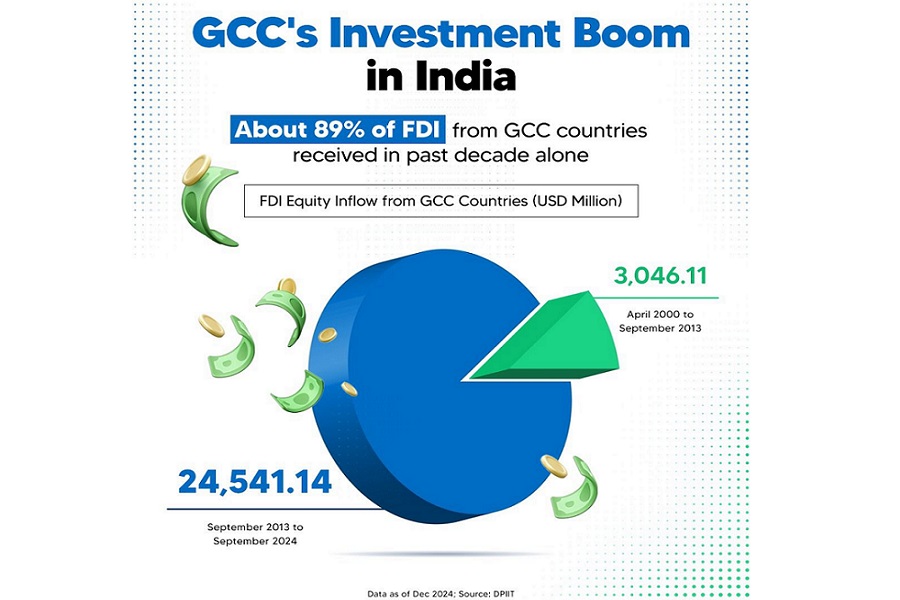
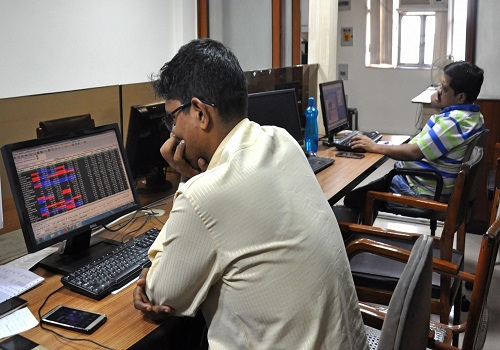
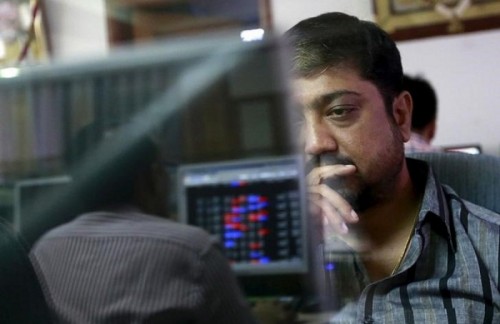









 320-x-100_uti_gold.jpg" alt="Advertisement">
320-x-100_uti_gold.jpg" alt="Advertisement">

